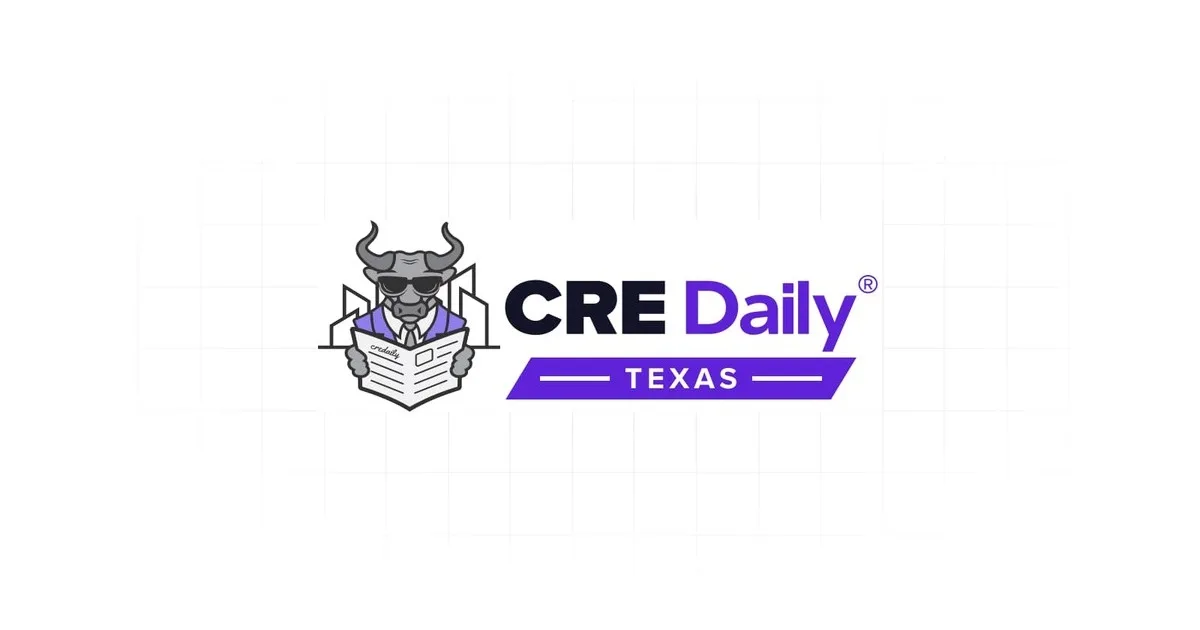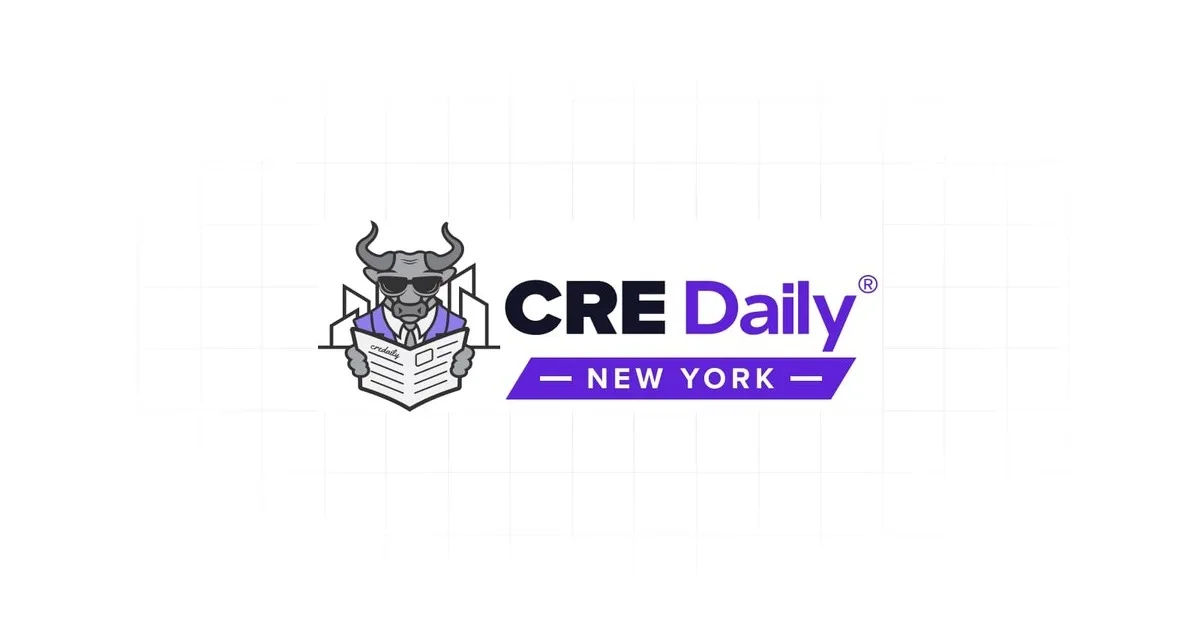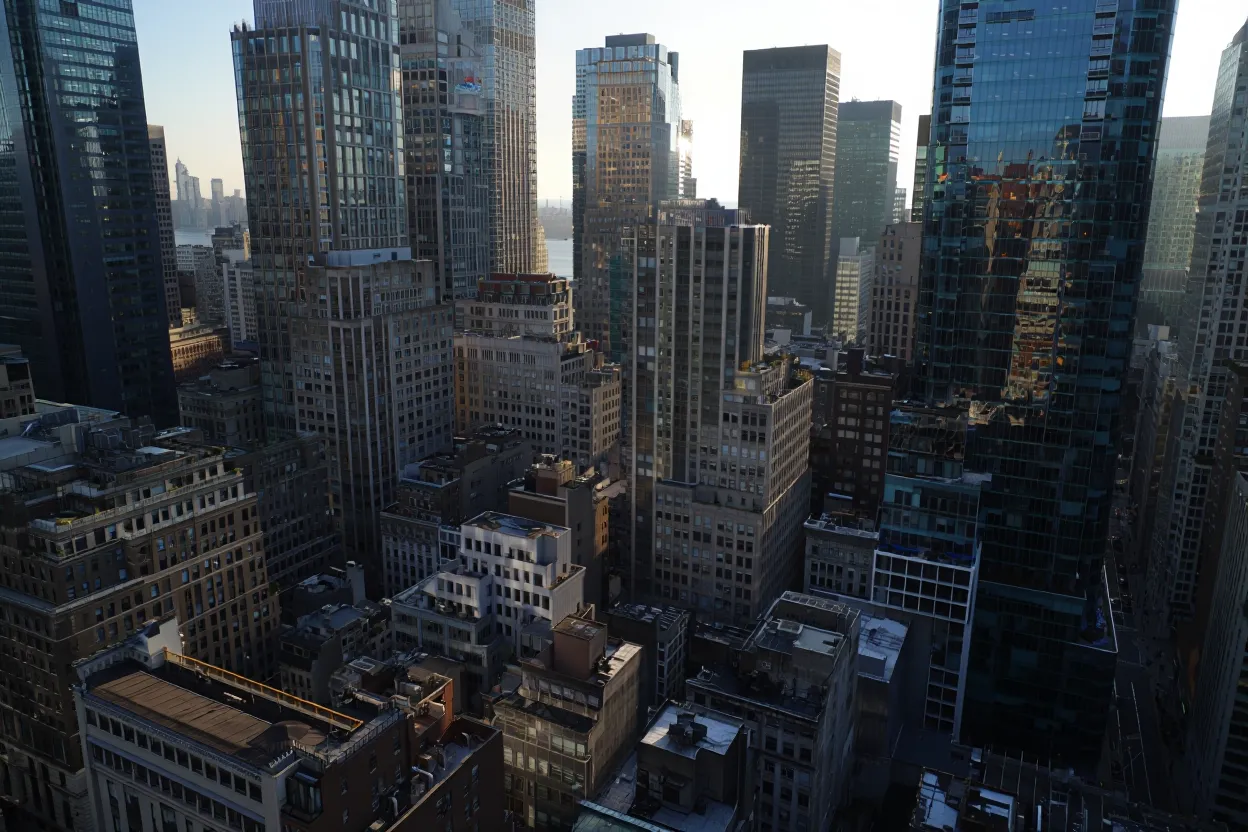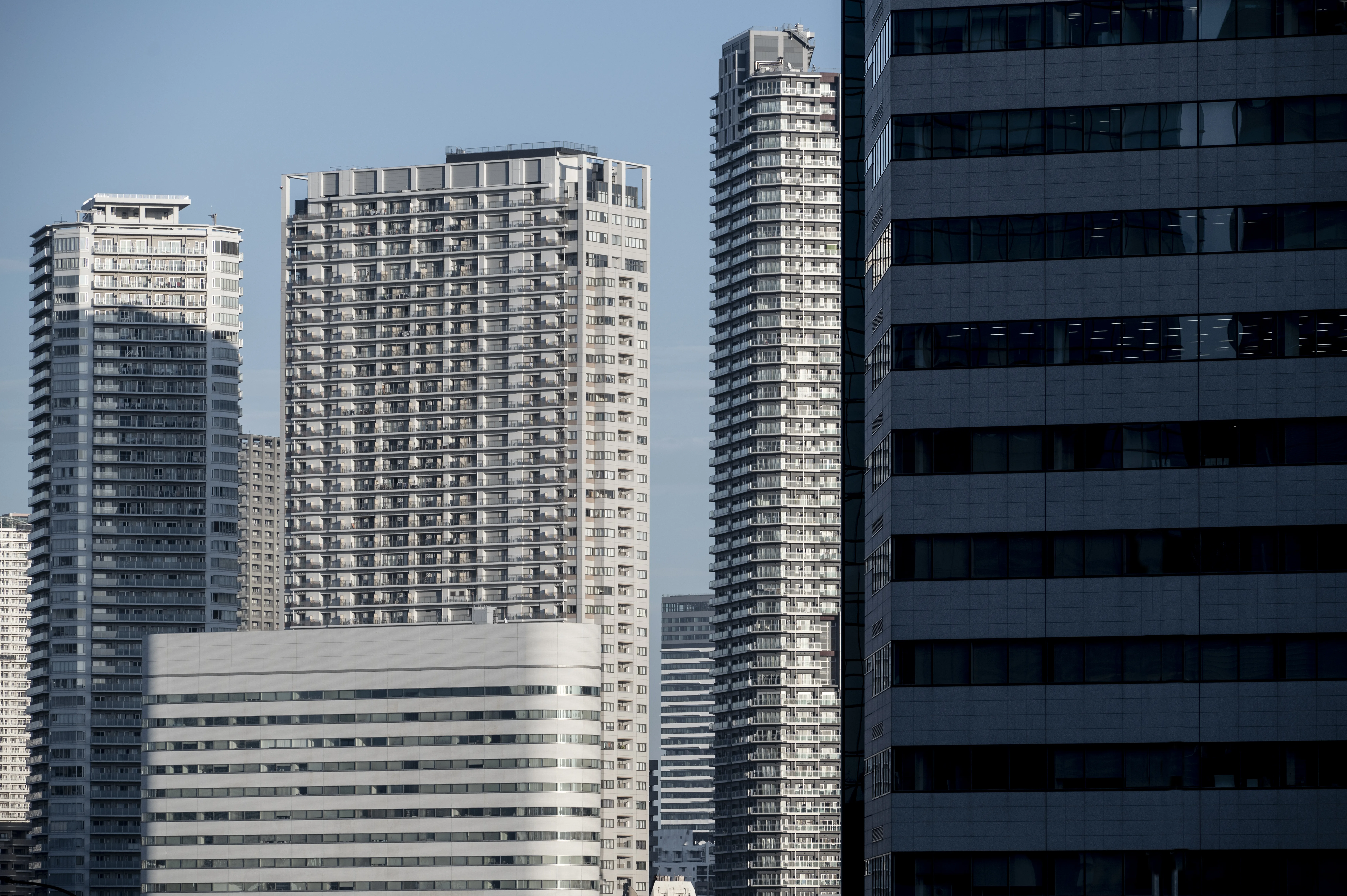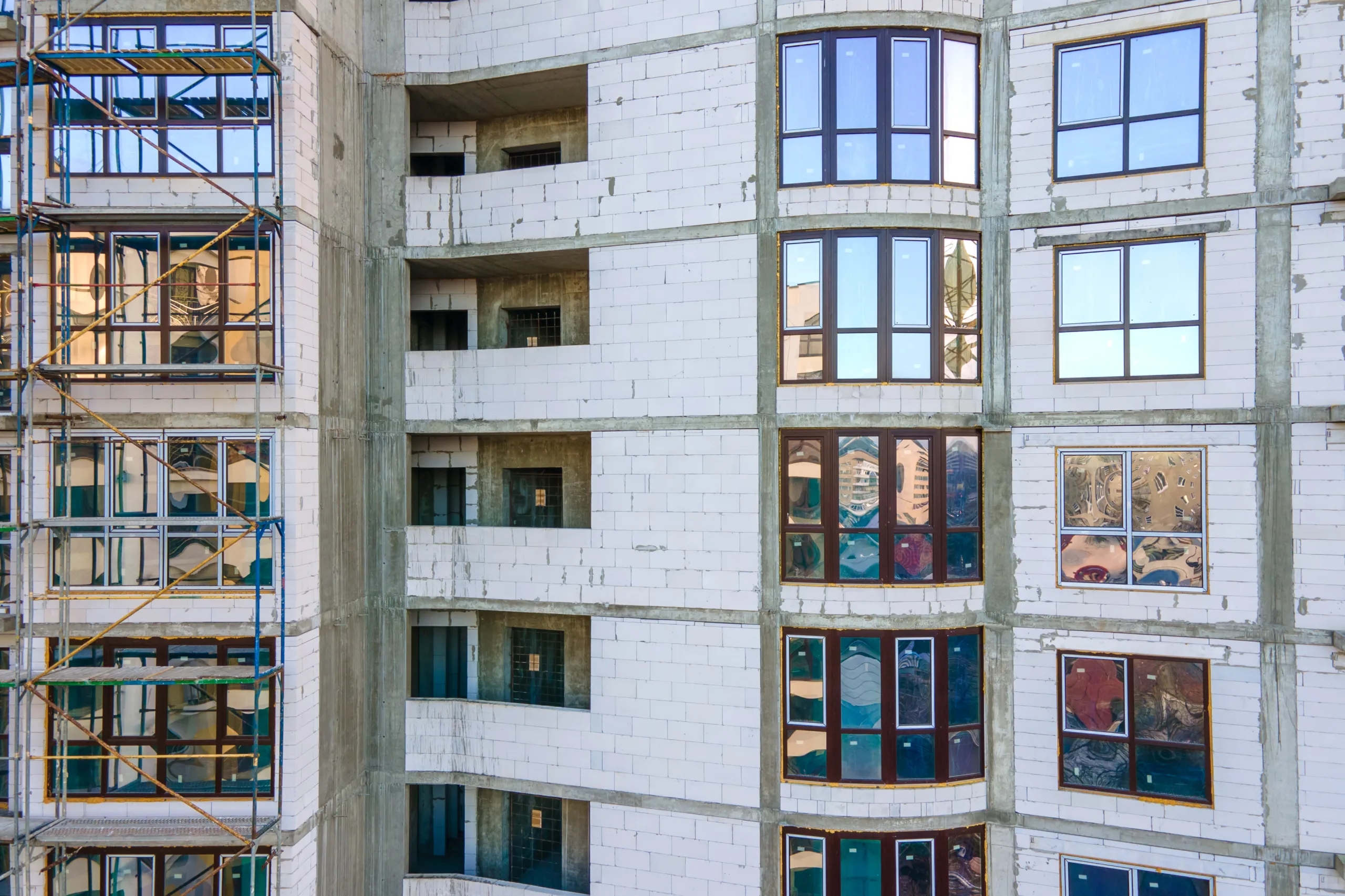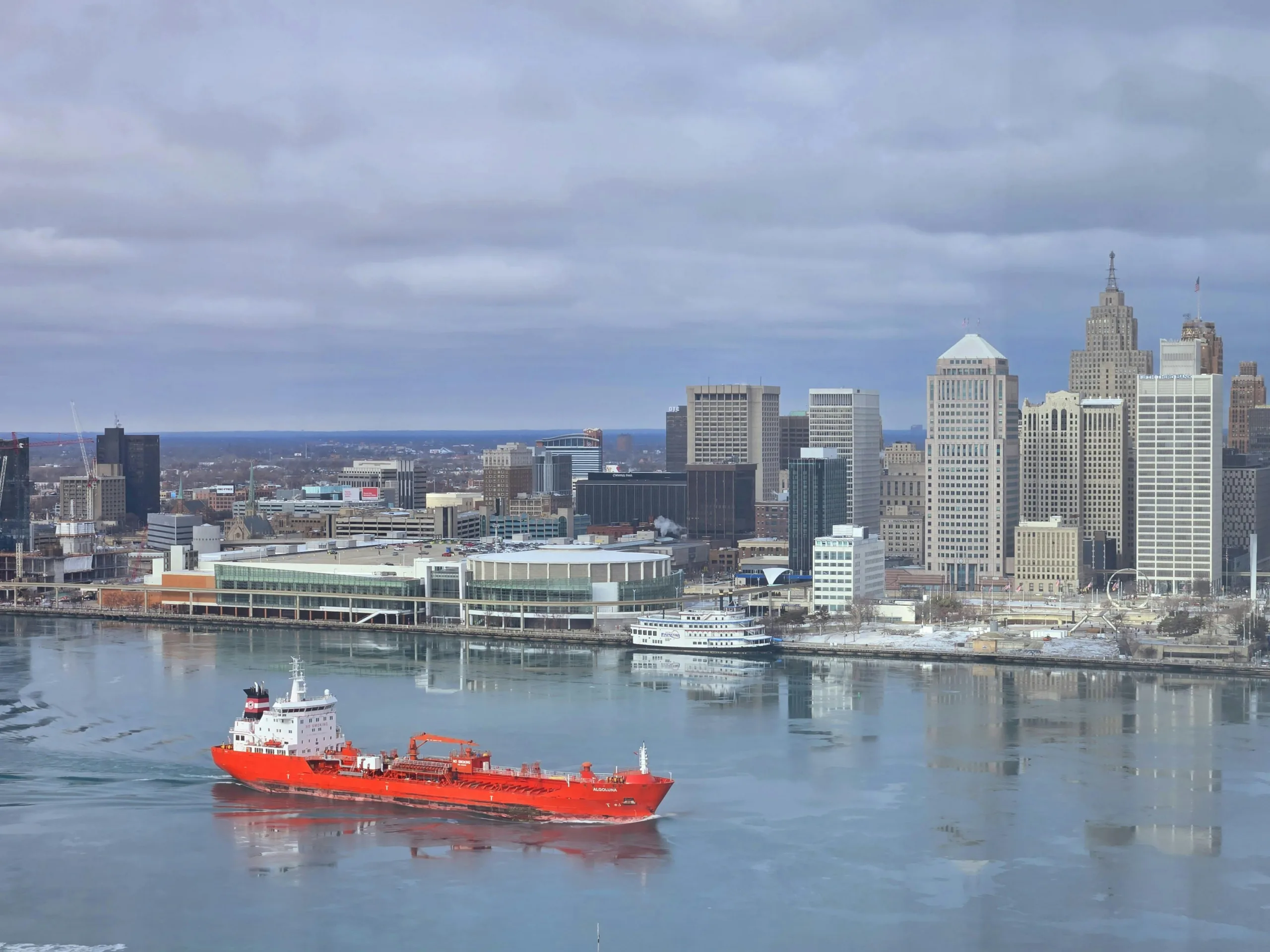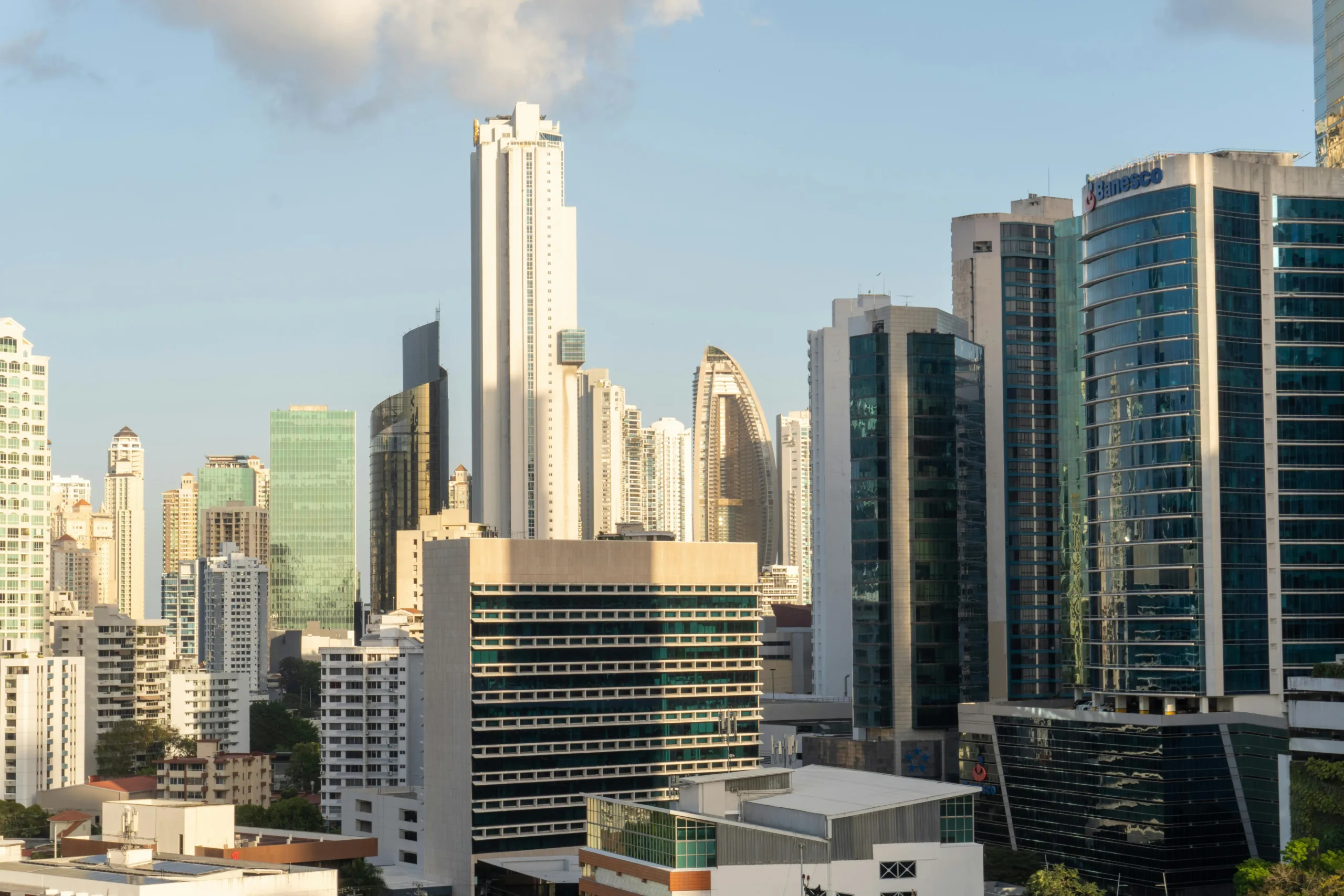- Investor home purchases fell 6% year-over-year in Q2, marking the weakest spring since the early pandemic.
- Condo buys slumped 13%, hitting their lowest Q2 level since 2013 (excluding the pandemic pause), amid rising HOA fees, insurance challenges, and softening rents.
- Florida metros posted the steepest declines, while West Coast markets like Seattle and San Francisco saw investor activity rebound.
Investor appetite for US homes is cooling, per The Real Deal. Purchases dropped 6% in the second quarter compared to last year, according to Redfin, marking the sharpest decline since late 2023 and the lowest spring buying pace since 2020. While investors still accounted for nearly one in five home sales nationwide, the slowdown reflects shrinking returns in an era of high borrowing costs and slowing rent growth.
Condos Take the Biggest Hit
The steepest pullback came in the condo segment, where investor acquisitions slid 13%. Just 9,500 condos changed hands — the weakest Q2 tally in more than a decade outside of the pandemic freeze. Rising HOA dues, special assessments, insurance hurdles, and price concerns are eroding investor confidence. “The condo market is the slowest I’ve seen in at least a decade,” said Fort Lauderdale-based Redfin agent John Tomlinson, noting that deals are collapsing as costs mount.
Get Smarter about what matters in CRE
Stay ahead of trends in commercial real estate with CRE Daily – the free newsletter delivering everything you need to start your day in just 5-minutes
Softer Profits and Rising Losses
Even in single-family homes and townhouses, where buys slipped 4%, the profit picture has dimmed. The typical investor resale generated $196,000 in capital gains last quarter, just 1.7% higher than a year earlier — a far cry from the double-digit returns during the pandemic surge. Losses are becoming more common too: 7% of investor resales closed below purchase price, up from 5% a year ago.
Florida Slumps, West Coast Rises
Geography is shaping investor fortunes. Florida metros led the retreat, with investor buys down 25% in Orlando, 21% in Fort Lauderdale, and double-digit drops across Miami, Tampa, West Palm Beach, and Jacksonville. Elevated insurance premiums and storm risk are making underwriting more difficult in the Sunshine State. On the West Coast, however, activity is rebounding — Seattle investor purchases jumped 51%, while San Francisco and Portland also posted gains.
Why It Matters
The cooling signals a more selective investment landscape. Investors remain a large force in the housing market, but deals are harder to pencil out as returns narrow and risks rise. With sellers outnumbering buyers, some investors are negotiating discounts, though the broader environment has shifted sharply from the boom years.


